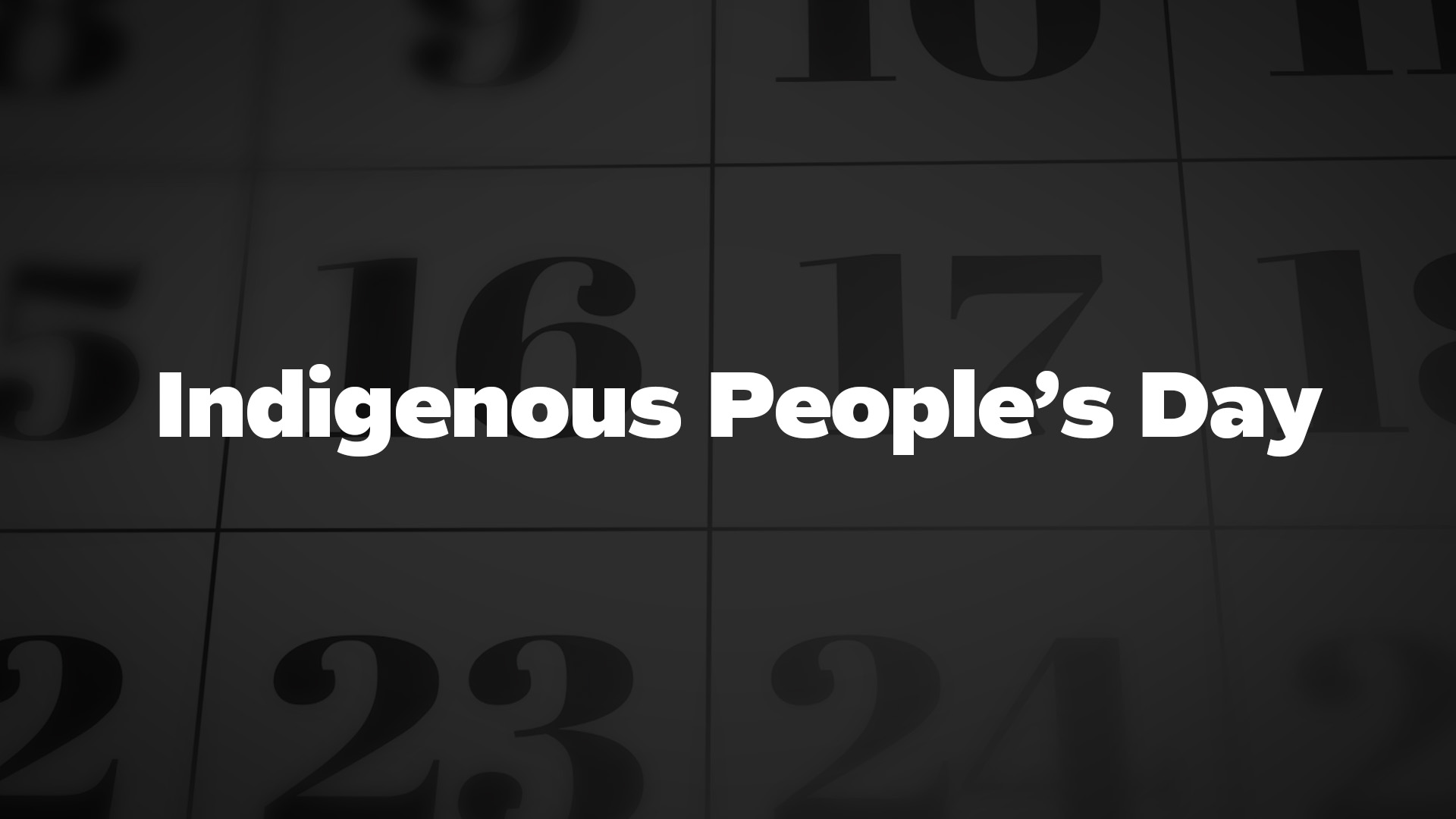Indigenous People’s Day is a day dedicated to recognizing and celebrating the contributions and cultures of Indigenous peoples around the world. It is intended to serve as a counter-celebration to Columbus Day and to acknowledge the history of colonialism and genocide that Indigenous communities have experienced. Indigenous People’s Day is observed on the second Monday in October in the United States.
#HASHTAGS
#IndigenousPeoplesDay
Indigenous People’s Day is celebrated annually on the second Monday In October
| 2024 | October 14 | Monday |
| 2025 | October 13 | Monday |
| 2026 | October 12 | Monday |
| 2027 | October 11 | Monday |
| 2028 | October 9 | Monday |
| 2029 | October 8 | Monday |
| 2030 | October 14 | Monday |
| 2031 | October 13 | Monday |
| 2032 | October 11 | Monday |
| 2033 | October 10 | Monday |
| 2034 | October 9 | Monday |
| 2035 | October 8 | Monday |
